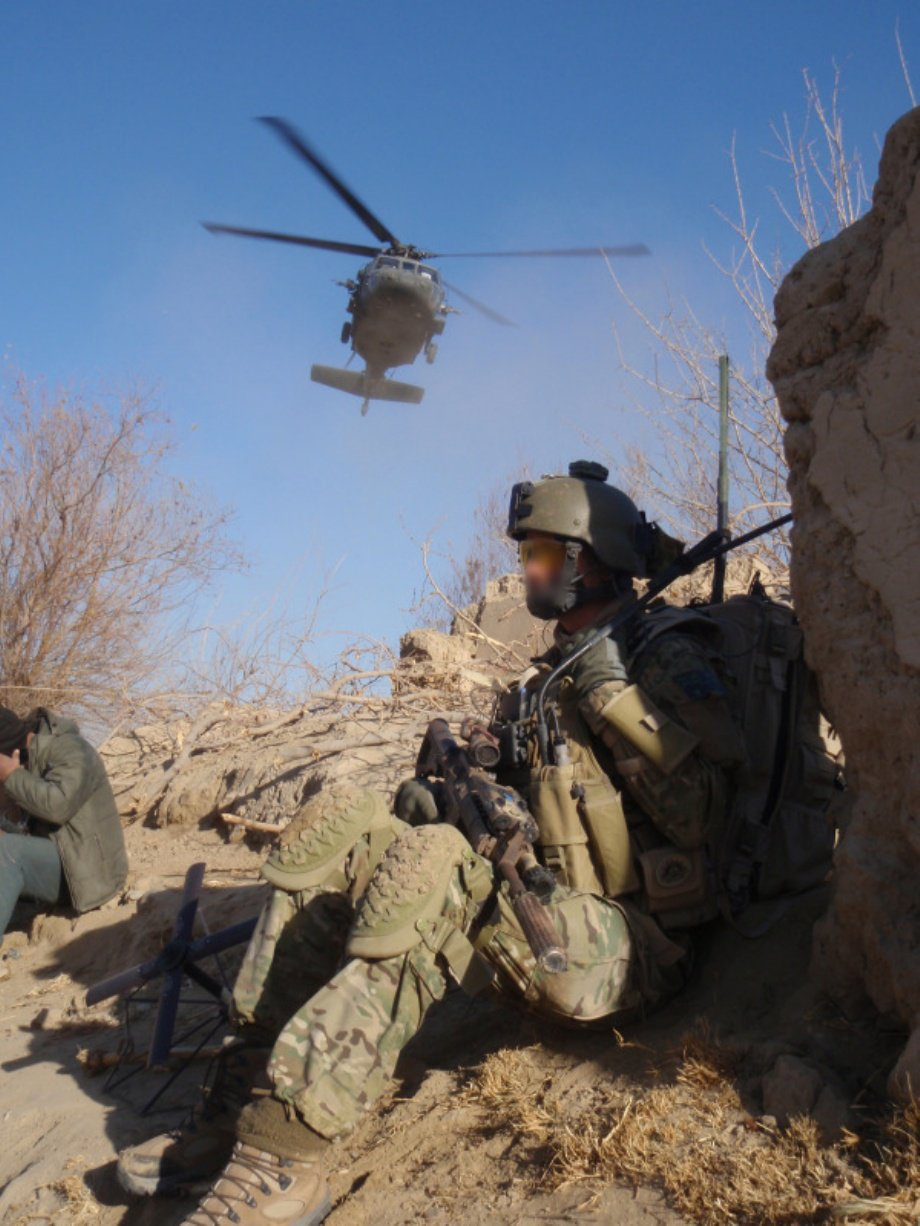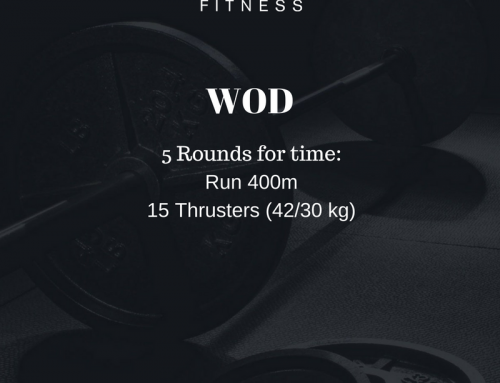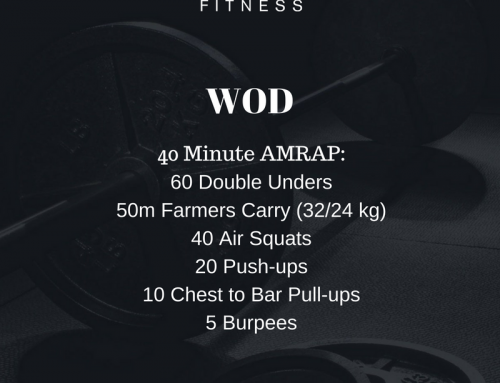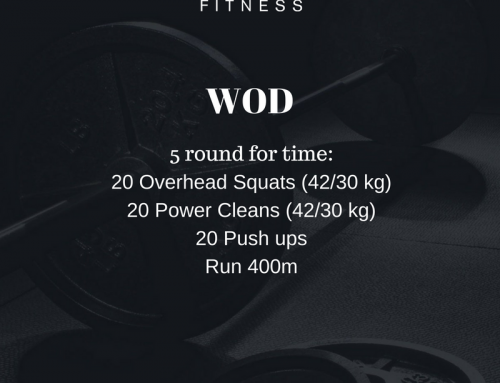Rarely do we see athletes capable of performing well under fatigue. Often their training or over training has a diminishing effect on performance. We see a small percentage that are able to maintain performance under difficult circumstances, this can be seen with everyone from high-level athletes to weekend warriors.
The ability to perform for short periods of time isn’t as scarce as you might expect, it is seen a lot of populations faced with fight-or-flight situations. The body can push through in order to survive, but typically these scenarios are not sustained over extended periods. Having poor recovery can and in bad circumstances will lead to lack of energy, no sex drive, no desire to train, hair loss, inability to breathe properly, always feeling cold, loss of hearing, a state of stupor, and even memory loss.
We push ourselves in training so that we can perform when the time comes, our training is about giving us the tools to do a job without limitation. In order to train, and fight, in extreme conditions and perform you must learn how to recover.
Diet
Under eating will lead to a dramatic and almost immediate decrease in performance and recovery. Carbohydrate are the main source of fuel for the body and the best source for attaining impressive performances and speedy recoveries. Your brain alone uses about 500 cal a day, take in to consideration the rest of you bodies maintenance needs, add daily activity and exercise and the chances are you’re not eating enough carbs. Personal Trainers and those more interested in body composition, such as body builders, will often have carbs taking up 30-40% of their macro-nutrient break down. This is insufficient for training for peak performance and speedy recoveries. If performance is your number one priority, then Sports Nutritionists recommend consuming 50-60% as carbs of their macro-nutrient breakdown.
Often there will be hesitation around adding more carbs thinking that this will lead to an increase in fatty tissue. This is a misconception and not true for the majority people (as long as your exercise routine matches your calorie intake). In fact what is often found through a greater intake of carbs is body fat percentage decrease whilst performances improve.
Eating right with correct supplementation will assist liver function, improve brain function, assist with consistent energy production increasing your overall performance.
Sleep
The most beneficial tool for recovery, and for military personnel often the hardest to come by is sleep. The amount of sleep needed varies for individuals but generally sits between 6-9 hours per day. Sleep allows for the body to settle and for blood pressure to drop, your breathing deepens and slows. The muscles relax allowing for an increase in blood supply which allows for muscle tissue to repair and grow. The body takes this time to release hormones, growth hormones and testosterone, which are two essential components in the repairing and development of lean muscle tissue.
For those who struggle to get the required sleep, then napping is a great method of getting the benefits of sleep in intermittent periods. Sleep is arguably the most essential component of recovery to increase performance.
Hydration
Just a 2% decrease in body weight due to dehydration can lead to a 20% decrease in performance. The most common factor behind a decrease in performance, particularly in the military, is dehydration. Drinking adequate water mixed with a good diet provides the energy needed to perform. Without adequate water your body stores what it has for vital organs, like the brain, causing a decrease of water in the muscles and a decrease in performance. Continued dehydration can lead to decreased brain function, weight gain, and a reduction in lean muscle tissue.
If you want to get the most out of your training so you can perform in any environment then you need to focus on your recovery. These tips are not difficult, but the large majority of the time hydration, sleep or your diet will be the reason for a poor performance.
If you have any questions regarding training, performance, or recovery for military personnel then contact us on one of the below platforms.








Leave A Comment